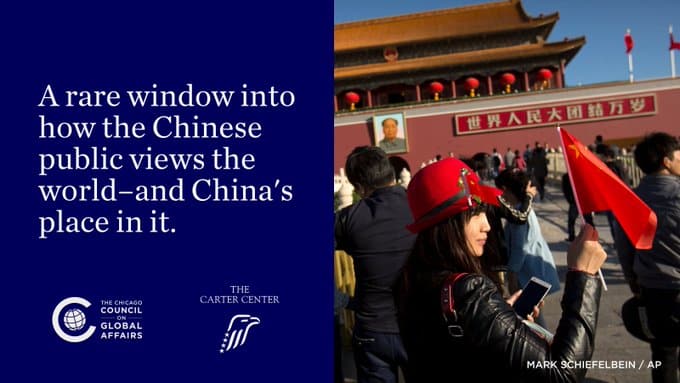U.S.-China Relations: Revisionist History by David M. Lampton
“There cannot be order in the world without an orderly and minimally productive U.S.-China relationship. Neither country will be able to realize its potential if the other’s opposition impedes progress. The four decades of increasingly comprehensive engagement (1978-2018) brought both countries enormous benefits. Those who contributed need not apologize for the balance sheet from those four decades of policy. Indeed, there is much to celebrate in both nations. All this notwithstanding, there are big problems that both must address. In America, it is wrong to attribute today’s challenges to the presumed naiveté of those wrongly alleged to have argued that China would become “just like us,” or democratic. For most of those involved in the growing relationship, peace and rising welfare in both societies, along with more humane governance in the PRC, were admirable and fully supportable gains. In China, it is wrong for some to say that the last four decades of engagement were just the velvet glove hiding the iron fist of an underlying U.S. containment policy.”
From U.S.-China Relations: Revisionist History by David M. Lampton, Oksenberg–Rohlen Fellow at Freeman Spogli Institute for International Studies, Stanford University; Hyman Professor, Director of SAIS-China and China Studies at the Johns Hopkins School of Advanced International Studies; and Chairman of the Asia Foundation.
Written for the Carter Center’s symposium to commemorate President Carter’s 1979 decision to normalize relations with China. View or download the paper here.









